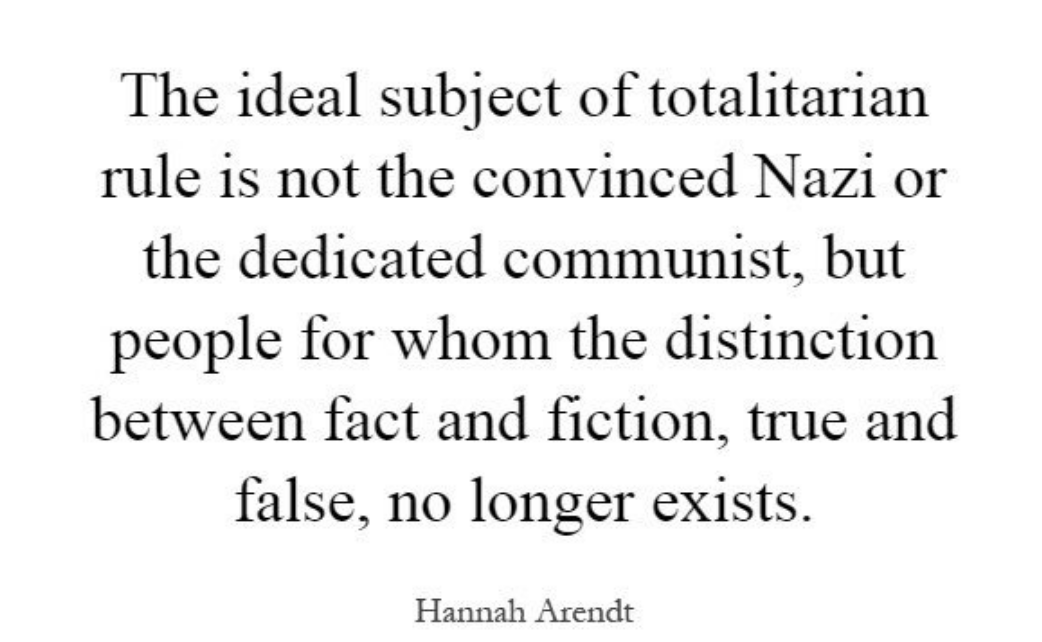Facts and history: Lessons at the dawn of the Trump era
Unless something drastic (or “unpresidented,” to quote our PEOTUS) happens in the next few hours, we will soon enter what historians will call “the Trump era.”
Since the election—heck, since halfway through the endless nightmare of a campaign—professional pundits and even mere scribes like me have written about the old saying that “those who do not study history are doomed to repeat it.”
Who said it? It seems like Irish philosopher Edmund Burke may have been the first, way back in the 1700s:
“Those who don’t know history are doomed to repeat it.”
So welcome to our trip down Bad-Memory Lane.
The Trump Era time machine
Have you ever wished you could climb into a time machine and spend an afternoon playing gallant knight to a maiden fair? Or sharing a turkey leg with Queen Elizabeth I (the Cate Blanchett version, please, though Glenda Jackson’s would also do). Or trading writing tips with Winston Churchill?
Yeah, that’s not the kind of history we’re going to be revisiting.
Science in the Trump era
The closest we’ll get to the knights-and-ladies is our return to the Dark Ages, when scientists got sentenced to death for, um, running afoul of religious beliefs. Remember Galileo? As the Indigo Girls put it so concisely, his crime, back in the early 1600s, “was lookin’ up the truth.” For the record, the Catholic Church did apologize…350 years later.
Did the Trump transition team ask for the names of scientists working on global warming because those scientists were “lookin’ up the truth”? Their colleagues aren’t waiting to find out. They’re working with Canadian counterparts to secure copies of the climate data, fearing the Trumpsters will purge it. Or as Stephen Colbert put it, “Now even our facts are moving to Canada.”
Good Queen Bess?
And the closest we’ll get to Queen Elizabeth I is—well, just how “good” Queen Bess was depends a lot on what side of the Communion wafer you were on. Beginning with her father Henry VIII (and interrupted only briefly during the reign of her Catholic half-sister Mary I), England engaged in what one historian called “Catholic genocide.” For a more considered, less sensationalized (and slightly denser) explanation of this period, try this link.
At any rate, we do seem to be headed for a time when conforming to someone’s idea of religion will no longer be optional. The proposed “First Amendment Defense Act” would legalize bigotry based on the bigot’s perception of his or her religion’s requirements. Got a “deeply held religious belief”? You can discriminate indiscriminately.
Still, the Trump era differs from the Elizabethan era in one important respect: Catholics will be much farther down the list of genocide targets. Today, they’ll likely trail Atheists, Muslims, Hindus, Buddhists, and Mormons (sorry, Mitt). In fact, according to this Pew research, the only group evangelicals trust slightly more than Catholics is Jews. Though it doesn’t appear our country’s ersatz Nazis got that memo.
World War II: “Never give in”
“Never give in. Never give in. Never, never, never, never—in nothing, great or small, large or petty—never give in, except to convictions of honour and good sense. Never yield to force. Never yield to the apparently overwhelming might of the enemy.”
Winston Churchill’s orations provided much-needed transfusions of strength to his countrymen during their fight against the original Nazis. Although the spread of fascism in World War II may be the closest parallel to our situation today, I’m not sure anyone can pull off a similarly Churchillian feat.
Even if we had an orator as talented as Churchill—and we do, in Michelle Obama, Bill Clinton, the Rev. Dr. William J. Barber from North Carolina, to name just a few—our country is far more divided than Great Britain was during the war. Bombs falling on you nightly have a tendency to concentrate the mind. And it’s easier to unite against a foreign invader than against a perceived threat who’s “one of us.”
Plus, we have no way to reach a large number of Trump’s most ardent supporters. They have lost faith in the institutional media. They doubt facts, even when presented with evidence. As I’ve written before, many times, when words lose their meaning, how can we communicate?
I’ll leave you with the analysis of Hannah Arendt, who stared totalitarianism in the face behind the bars of a Gestapo jail cell and wrote about it so clearly after the war. Arendt will be an invaluable, if depressing, guide to us through the Trump era:

Check your facts. Check other people’s facts. Fight for the truth. And pray we come out of the Trump era relatively intact.